I’ve spent the past week locked inside the unsettling world of Luto, the new psychological horror title from Broken Bird Games. As someone who prides himself on uncovering hidden corners of massive open worlds, I wasn’t sure what to expect from a confined setting. What I found is a game that takes the claustrophobic formula of indie walking sims and turns it into something far more ambitious—one that demands your full attention and rewards curiosity in equal measure.
Overall Impressions
From the moment I pressed “Start,” Luto’s unsettling energy held me captive. What stood out most was its pacing: every creak of the floorboards, every echo in the hallway, felt deliberate. In a genre crowded with quick scares and recycled tropes, Luto aims higher, drawing you into a creeping dread that only intensifies. That said, it isn’t perfect. The lack of a manual save surprised me—and occasionally, I longed for more context around certain puzzles. Still, compared to other indie horror adventures, Luto sets a new bar for both quality and scale.

Gameplay Mechanics
Luto builds its tension around a clear loop: explore, solve puzzles, and attempt escape. Each effort only uncovers new layers of mystery. The puzzles feel purposeful, with sequences like a locked cabinet tied to a cryptic melody delivering chilling payoffs. Auto-saves trigger at key moments, keeping setbacks manageable and preventing frustration. The calm yet detached narration further enhances the unease, creating the sense that something unseen is always watching.
Not everything works as smoothly. The absence of a manual save option can force replaying sections when an autosave is missed. The cinematic black bars look stylish but often feel too thick on standard monitors, cutting off parts of the environment. A toggle for both saving and aspect-ratio settings would make the experience more accessible while preserving the game’s atmosphere.
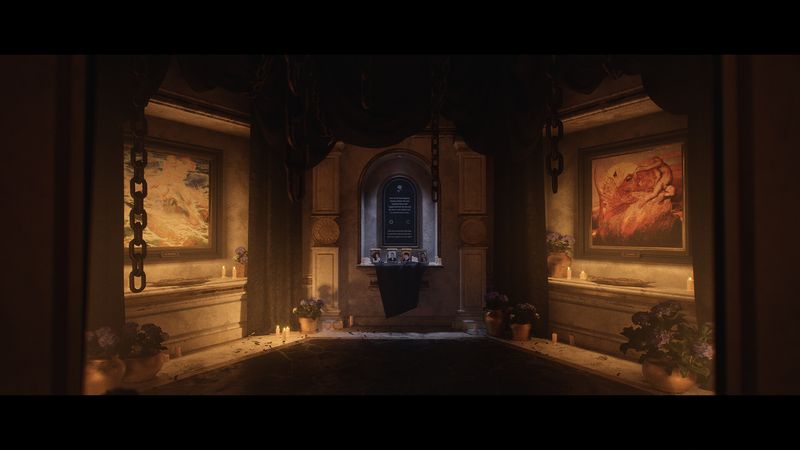
Story and Characters
Luto’s story is its beating heart. You play as an unnamed protagonist trapped in a house that shifts around you. At first, it’s a familiar haunted house scenario. But as you delve deeper, the narrator teases deeper truths—about guilt, memory, and identity. I kept asking myself: who am I in all of this?
The lack of visible NPCs could feel hollow in lesser games, but the narrator fills that void. His cryptic remarks on your actions feel personal. One late-game moment had him point out a photograph you nearly missed and ask, “Do you remember where this came from?” I stopped, stared, and realized how invested I’d become in unearthing these hidden memories.
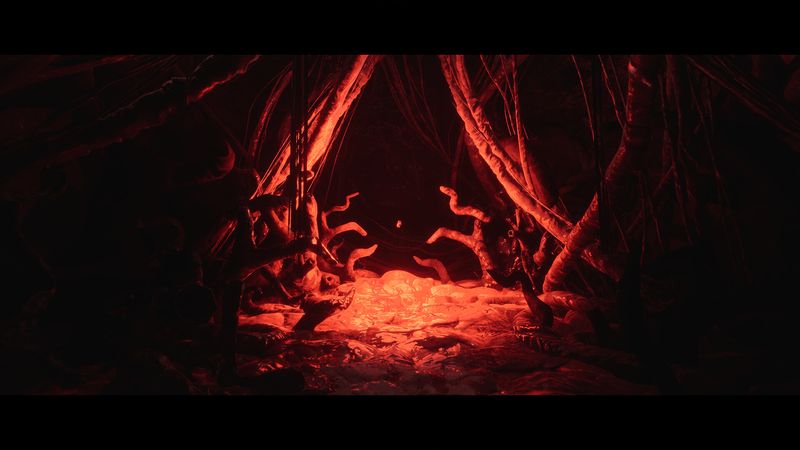
Visuals and Graphics
Broken Bird Games clearly had more than a shoestring budget—they’ve delivered photorealistic textures, dynamic lighting, and subtle environmental details that breathe life into every room. Dust motes float in sunbeams; peeling wallpaper reveals darker layers beneath. It’s the kind of polish you’d expect from a big studio, and it amplifies the game’s oppressive atmosphere. I saw mention in a recent patch note that the team is working on an ultrawide fix to reduce vertical bars—an encouraging sign they’re listening to player feedback.
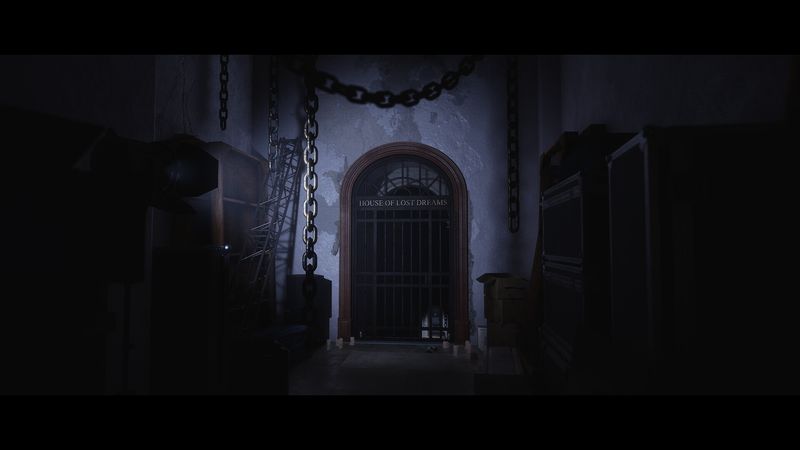
Sound and Music
Sound in Luto is as much a character as the house itself. Footsteps echo unnaturally. Doors creak just loud enough to make you brace for a jump scare that sometimes never comes. The soundtrack is sparse—mostly dissonant chords and distant whispers—but each note lands with purpose. The voice actor for the narrator delivers every line with just enough coldness to keep you off balance. When I first tested a theory about the finale, I paused just to hear his next line, which cleverly subverted my expectations. It was a small detail, but it stuck with me.
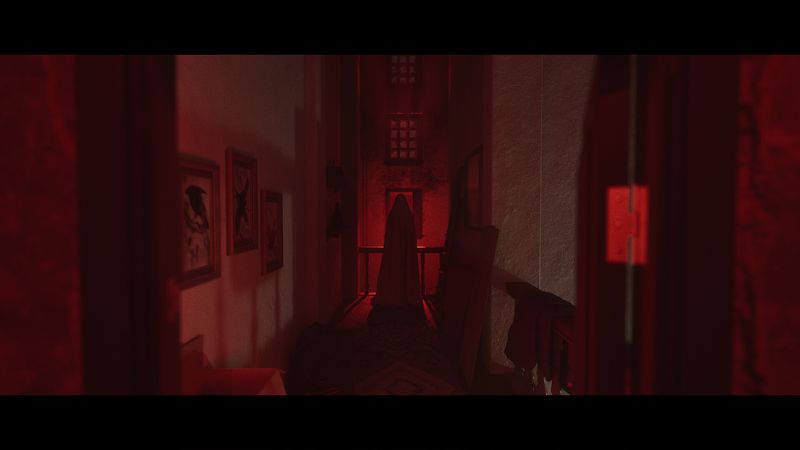
Difficulty and Replayability
Luto strikes a careful balance between challenge and accessibility. Puzzles are designed to make you think but rarely to frustrate. If you get stuck, there are subtle environmental clues—a flicker of light, a half-hidden note—that nudge you forward. Players on Steam have noted that some puzzles can be tricky, and I’ll admit I cheated once or twice to maintain my momentum.
As for replay value, the game runs four to five hours on a first playthrough. I’ve already seen hints of alternate endings, depending on which items you collect and decisions you make in the final act. I plan on diving back in soon to track down every secret and test those branching conclusions. For a one-location horror title, that’s impressively generous.
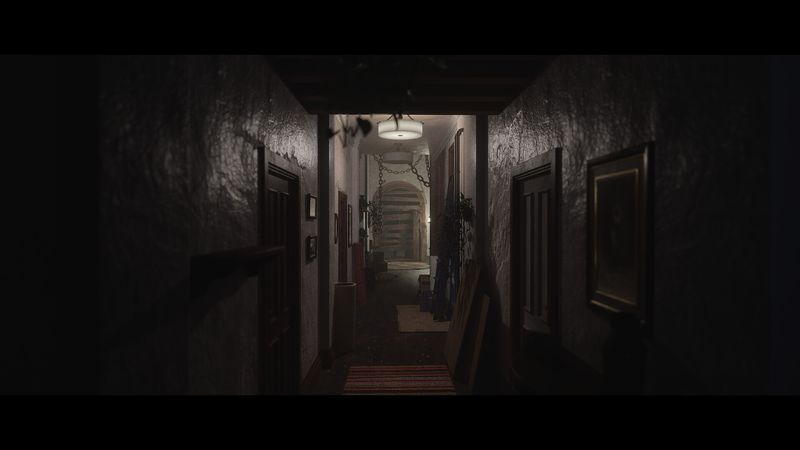
Developer Trivia and Behind the Scenes
Broken Bird Games, founded in 2019 as a two-person indie studio, is making waves with Luto, their first full-length horror title. Though small in scale, the team has big ambitions, hinting at a shared universe for future releases. Fans may have missed the game’s demo, which was briefly available early last year before being pulled to refine its narrative flow. Looking ahead, the developers promise patches that expand language support, including a Spanish dub and Italian text, along with enhanced aspect-ratio options for smoother play.
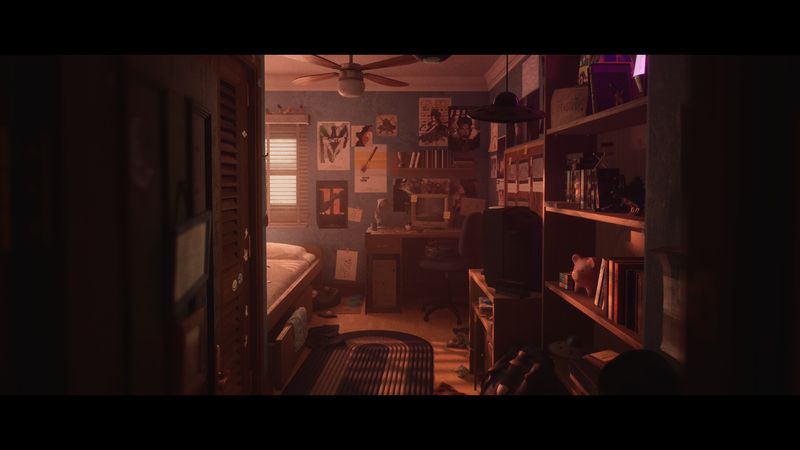
Final Thoughts
Luto isn’t just another indie horror walking sim. It’s a carefully crafted experience that rewards patience, curiosity, and a willingness to confront the unknown. While the absence of manual saves and the thick black bars can be frustrating, the high level of polish in visuals, sound, and story more than compensate.
I came seeking a memorable scare. I found a multilayered narrative that left me thinking about it long after I removed my headphones. For fans of psychological horror, this is a must-play. I’ll certainly be revisiting its many secrets in the weeks to come.
Rating: 5 out of 5 stars
Luto raises the bar for indie horror, blending expert storytelling, top-tier presentation, and puzzles that feel integral to the plot. It’s an unforgettable descent into the unknown—and one of the year’s most impressive indie releases.

